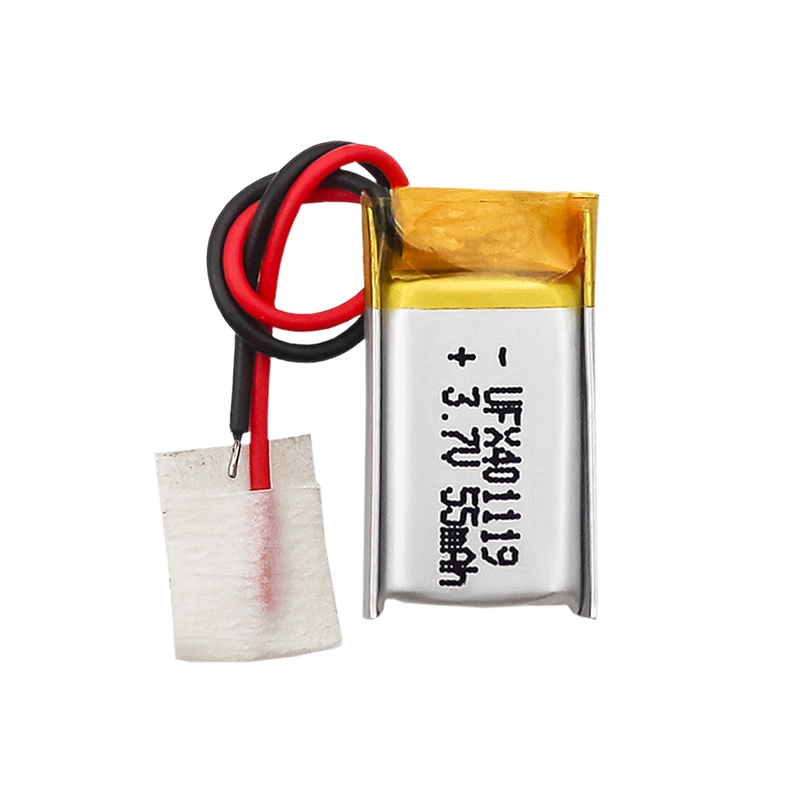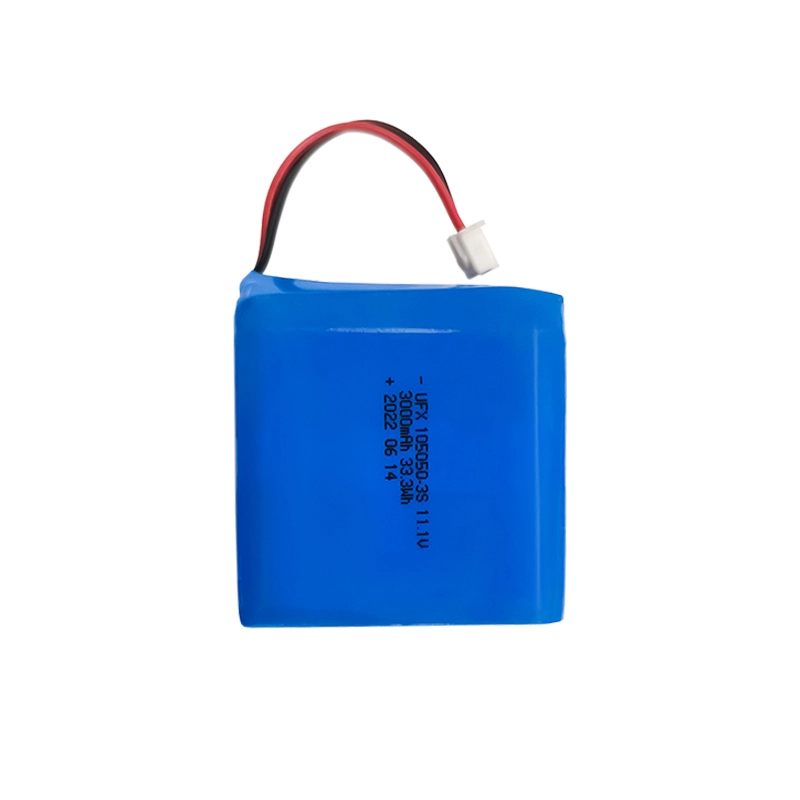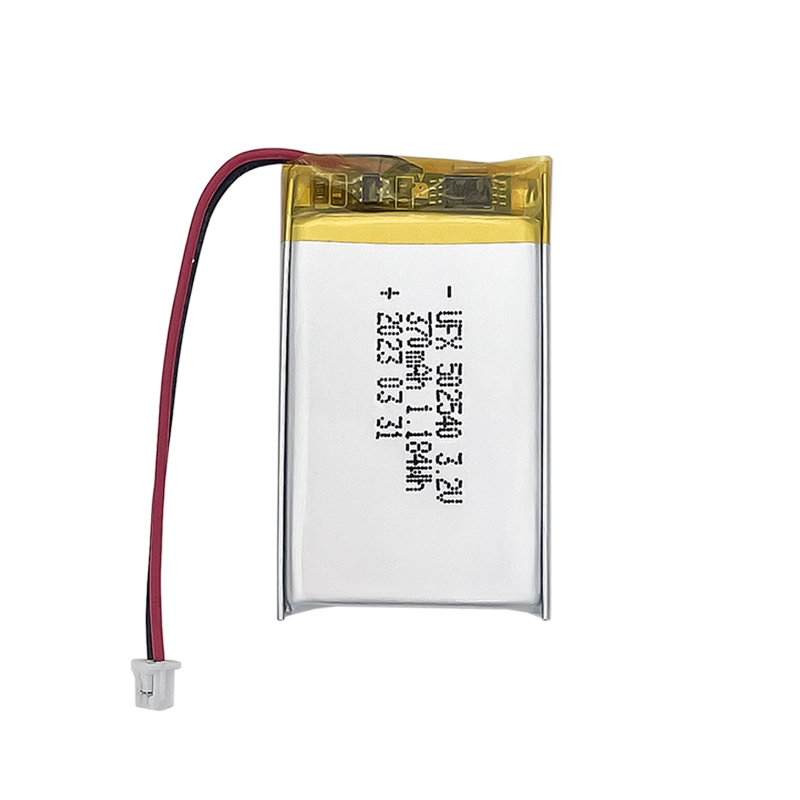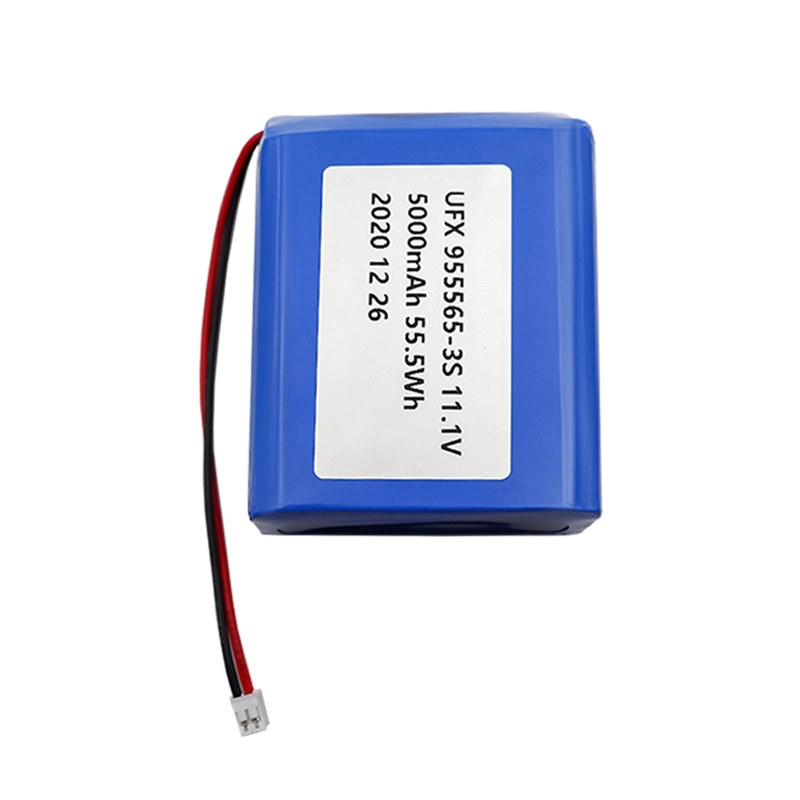
How Long Does An ECG Monitor Battery Last?
What is an ECG monitor?
Ecg monitor is an automated and intelligent instrument. It is mainly used to monitor the physical parameters of patients and plays an important role in ensuring the life safety of critically ill patients. ECG monitors are also the most widely used electronic equipment in hospitals.
ECG Battery
The battery used in an ECG monitor typically powers the device and enables its portable operation. The specific battery type can vary depending on the model and manufacturer. Commonly used battery types in ECG monitors include rechargeable lithium-ion or lithium-polymer batteries, as well as disposable alkaline or lithium batteries.
ECG monitor battery life
The battery life of an ECG monitor depends on various factors such as the capacity of the battery, the power consumption of the device, and the usage frequency. With regular use, the battery of an ECG monitor can typically last for several hours to a few days before requiring recharging or replacement. It is advisable to consult the manufacturer’s instructions or specifications for the specific battery life of the ECG monitor model you are using.
ECG battery maintenance
- Do not remove the ECG battery from the battery slot during monitoring work.
- If the monitor will not be used for a long time, please remove the battery.
- The battery should be optimized when using it for the first time. A complete optimization cycle is uninterrupted discharge, then discharge until the ECG monitor is shut down, and then uninterrupted charging (6 hours). During the use of the ECG monitor, optimization should be performed regularly to maintain its service life.
High Energy Density
It stores large amounts of energy in a smaller and lighter package
Longer Cycle Life
Withstands extensive charge and discharge cycles
Low Self-Discharge
Maintains power longer when not in use
Safety
Minimizes the risk of accidents and ensures safe operation
More Information About ECG Battery
-
Can the ECG monitor be recharged?
-
What battery does the ECG monitor use?
Latest Blogs
About Lithium Battery Industry News
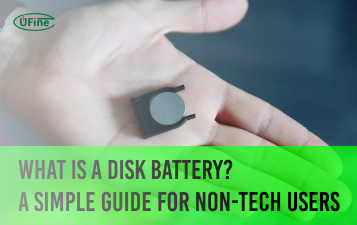
What Is a Disk Battery? A Simple Guide for Non-Tech Users
A disk battery is a small, round cell used in watches, remotes, and other electronic devices. It delivers steady power for compact, low-drain devices.
2025/06/18 Ufine

What Battery Powers a Space Heater?
Discover the type of battery that powers space heaters and learn how to choose the right one for efficient heating in your home or office.
2025/06/18 Ufine
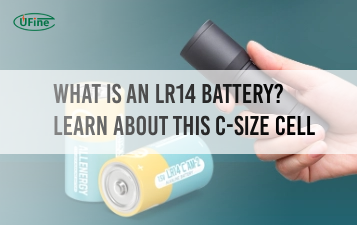
What Is an LR14 Battery? Learn About This C-Size Cell
The LR14 battery, also known as a C battery, delivers steady power. Learn its specs, uses, lifespan, and how it compares to other battery types.
2025/06/18 Ufine
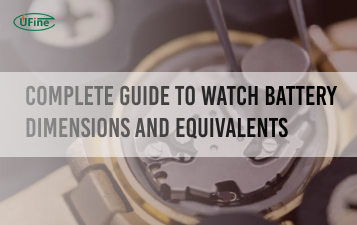
Watch Battery Dimensions Chart: Sizes, Voltages, and Equivalents Explained
Understanding watch battery dimensions helps you choose the right size, voltage, and equivalent model to keep your watch running safely and smoothly.
2025/06/18 Ufine

How Long Can You Rely on Battery-Powered Generators?
Discover battery generator runtime & lifespan factors. Learn how to maximize performance and choose the right power solution.
2025/06/18 Ufine

How to Choose the Best Battery Wire Connectors for Your Battery?
Learn how to pick the right battery wire connectors for safety, efficiency, and durability. Expert guide with key tips!
2025/06/17 Ufine

